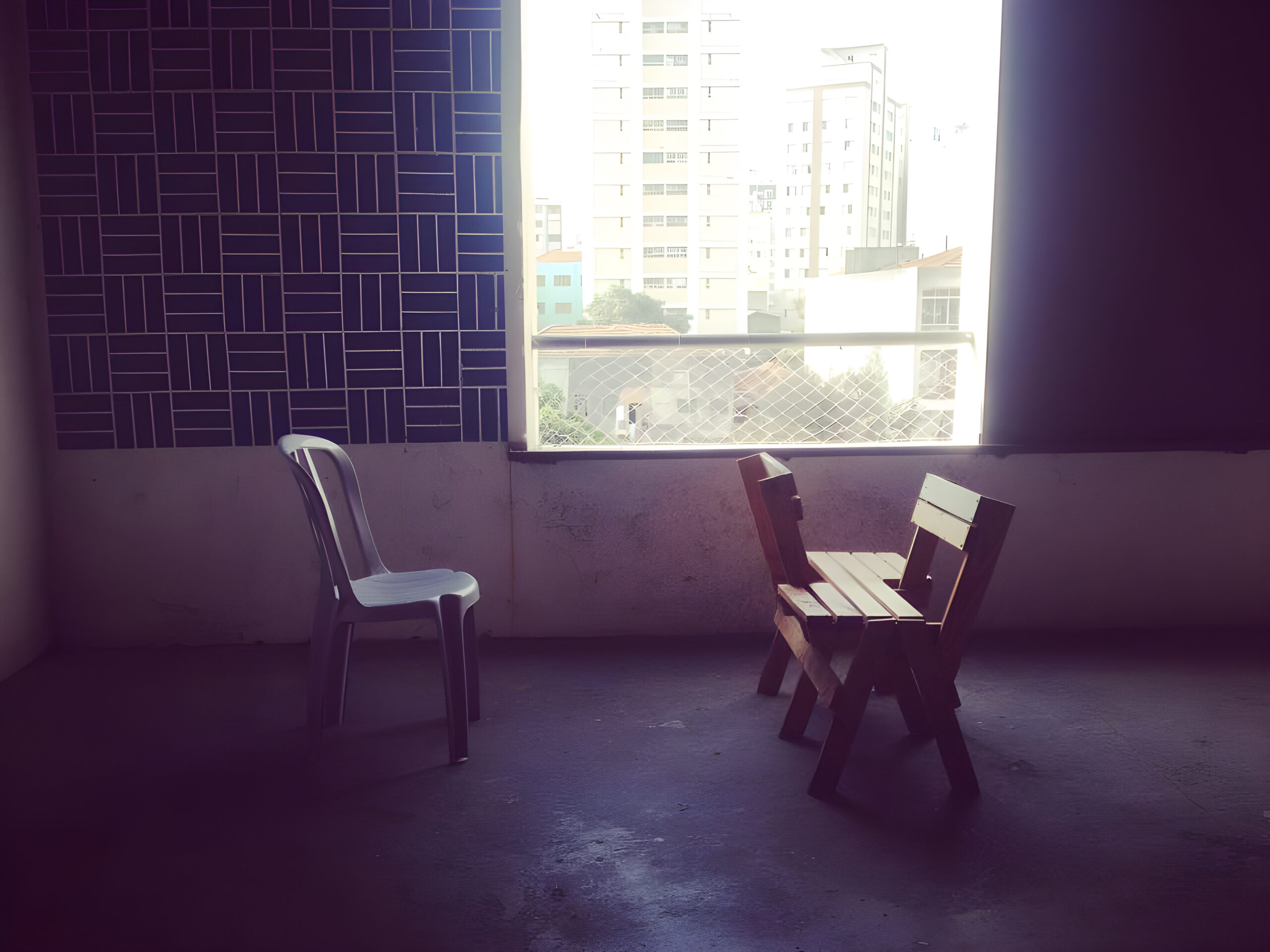Instituto de Estudos da Complexidade [The Institute of Complexity Studies, IEC] (Rio de Janeiro, Brazil)
The Social Clinic of Psychoanalysis attached to the Institute of Complexity Studies (Instituto de Estudos da Complexidade, IEC) opened its doors to the public in 2000 in Rio de Janeiro, Brazil. Its two founders were psychoanalysts Tereza Estarque and Fatima Lobo Amin. It emerged at the confluence of, and inspired by, the ideals of the first generation of psychoanalysts practicing in free clinics, and the complexity thinking of French philosopher Edgar Morin.
The Institute of Complexity Studies was founded in 1998 by a pluridisciplinary group of professionals, thus ensuring an opening to social and political thought. In 2004 Edgar Morin, with whom the collective of IEC had an ongoing dialogue on complexity, became honorary president of the institution.
There are important affinities between psychoanalysis and the paradigm of complexity, including the core principles of incompleteness and uncertainty; and the commitment to thinking through process, or, to put it more simply: to the fact that the path is made in the act of walking. IEC sees itself as a living and self-organized form, an open totality. Like everything that is alive, it is in constant mutation. It presents certain new possibilities to the world and, simultaneously, it is submitted to the risks of degradation and annihilation.
In over 20 years of work, the number of therapists engaged in the project has experienced a fivefold increase and the training dimension of the institution has grown as well. The IEC social clinic is composed of 30 therapists, seven supervisors and two associates. However, it remains a small pilot project whose economic and human management is guided by a strong sense of an anti-utilitarian community and by Marcel Mauss’s paradigm of the gift and of the triple obligation: giving, receiving and reciprocating.
IEC is one of the few clinics in Rio de Janeiro that opens psychoanalysis to the poorest, without setting a minimum fee per session or a predetermined time for ending the treatment. Between 80 and 100 patients are seen in the Clinic at any given time. Several patients suffer from violence perpetrated by the state, the militias and drug-trafficking networks in the city’s small and large slums.
One of IEC’s founders, Tereza Estarque, presented her work in the first conference on free clinics that preceded FREEPSY, held at The Freud Museum in January 2021. Her intervention was published in special issue 24(3) of Psychoanalysis & History, in co-authorship with Raluca Soreanu, who was also a member of IEC between 2013 and 2015.

Copyright: Tereza Estarque

